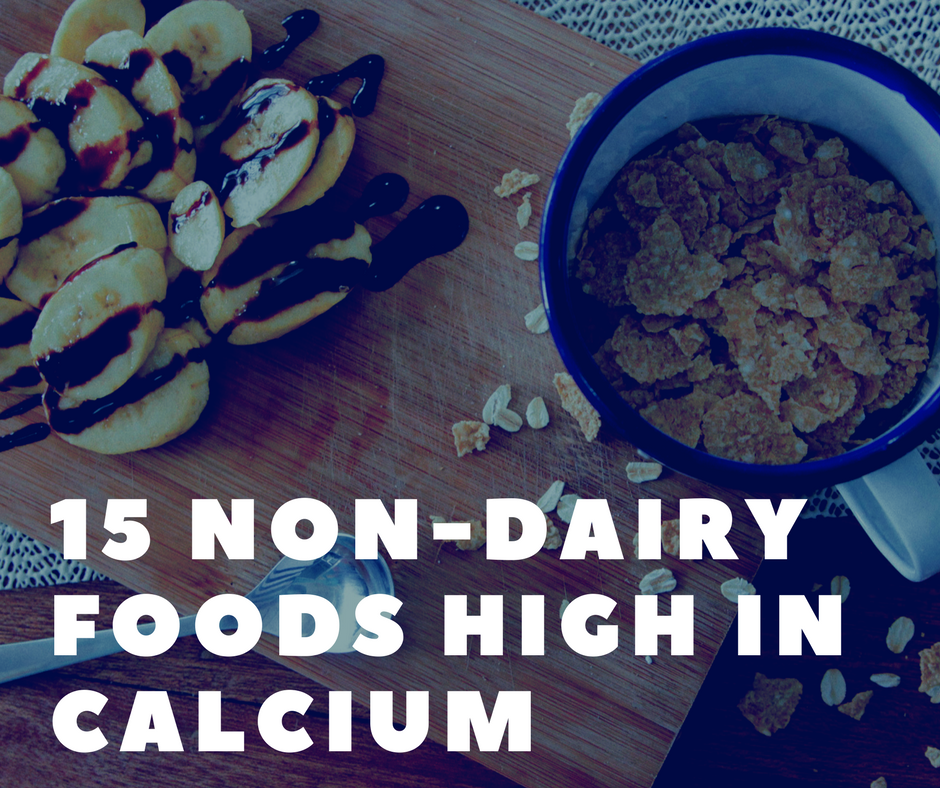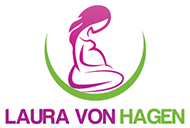
I hear it over and over again….“How am I going to get enough calcium in my diet if I don’t eat dairy?”, or “I thought I had to drink a glass of milk daily in order to have good bone health?”
Contrary to popular belief, you don’t need to drink milk or eat dairy in order to get an adequate amount of calcium. In fact, the latest research shows that increased levels of calcium in the diet does not reduce the risk of fractures. Supplementation with extra calcium has also been linked to increased risk of cardiovascular disease including heart attack and stroke. This does not mean you need to shy away from calcium completely. Adequate levels of calcium are needed for muscles to work properly, and may help decrease the symptoms of PMS, and control blood pressure.
Below are the Canadian government recommendations for calcium intake. One cup of milk has 296 mg, but there are plenty of other ways to get calcium if you are unable to tolerate dairy. Eating a diet in dark leafy greens, nuts and seeds will provide adequate calcium, along with several other key nutrients and powerful antioxidants. Most non-dairy milks (almond, rice, soy) available at the grocery store are supplemented with calcium and are equivalent to drinking a glass of regular milk.
Adequate Intake ( AI) values for calcium based on Age and Stages of Life
| Children | 1 – 3 y
4 – 8 y |
500
800 |
| Adolescents | 9 – 18 y | 1300 |
| Adults | 19 – 50
51 + y |
1000
1200 |
| Pregnancy | 14 – 18 y
19 – 50 y |
1300
1000 |
| Breastfeeding | 14 – 18 y
19 – 50 y |
1300
1000 |
Below are 15 Dairy-Free Foods that are High in Calcium
- Sesame Seeds – A quarter cup of sesame seeds has 351 mg calcium.
- Spinach – A cup of boiled spinach has 245 mg.
- Collard Greens – A cup of boiled collard greens has 266 mg.
- Blackstrap Molasses – One tablespoon has about 137 mg.
- Kelp – One cup of raw kelp has 136 mg.
- Tahini – Two tablespoons of raw tahini (sesame seed butter) have 126 mg.
- Broccoli – Two cups of boiled broccoli have 124 mg.
- Swiss Chard – One cup of boiled chard has 102 mg.
- Kale- One cup of boiled kale has 94 mg.
- Brazil Nuts – Two ounces of Brazil nuts (12 nuts) have 90 mg.
- Celery – Two cups of raw celery have 81 mg.
- Almonds – One ounce of almonds (23 nuts) has 75 mg.
- Papaya – One medium papaya has 73 mg.
- Flax Seeds – Two tablespoons of flax seeds have 52 mg.
- Oranges – One medium orange has 52 mg.

